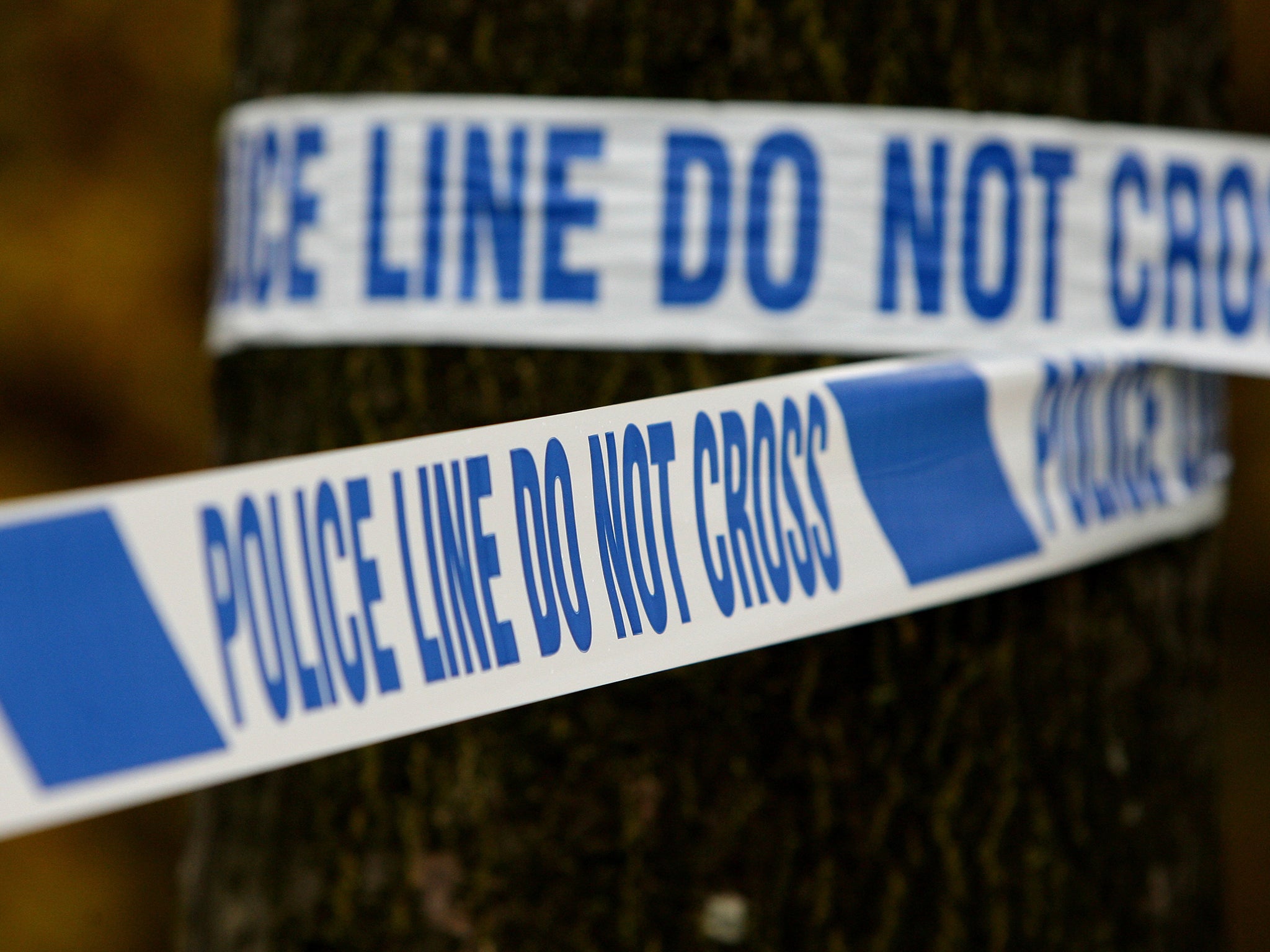Number of hate crimes surges in year of Trump's election
Hate crimes had been generally declining before 2016

Your support helps us to tell the story
From reproductive rights to climate change to Big Tech, The Independent is on the ground when the story is developing. Whether it's investigating the financials of Elon Musk's pro-Trump PAC or producing our latest documentary, 'The A Word', which shines a light on the American women fighting for reproductive rights, we know how important it is to parse out the facts from the messaging.
At such a critical moment in US history, we need reporters on the ground. Your donation allows us to keep sending journalists to speak to both sides of the story.
The Independent is trusted by Americans across the entire political spectrum. And unlike many other quality news outlets, we choose not to lock Americans out of our reporting and analysis with paywalls. We believe quality journalism should be available to everyone, paid for by those who can afford it.
Your support makes all the difference.The number of hate crimes in America spiked last year for the first time after years of decline, according to new FBI data.
The number of hate crimes in 2016 jumped by nearly 300 reported cases compared to the year prior, with 6,121 incidents reported the FBI last year compared to 5,850 in 2015.
That’s a concerning spike that defies a trend since the agency first began recording data on the type of crime in 1992. There were 8,759 hate crimes reported to the FBI in 1996, for instance, even though there were more police departments that participated in that particular survey.
The rise in hate crimes seems to confirm anecdotal reports from last year that indicated more and more hate crimes were being committed, a condition that was blamed at least in part by the contentious and searing national political debate that surrounded the 2016 election between Donald Trump and Hillary Clinton.
Mr Trump, for his part, said then that he did not support hate crimes, and urged his followers not to engage in those acts after receiving criticism for his divisive rhetoric.
“If it helps, I will say this, and I will say right to the cameras: Stop it, Mr Trump told CBS’ 60 Minutes last year just after election day.
The now-president has been criticized during his presidency as well, however. Following the demonstrations in Charlottesville, in which one young woman died after a car driven by a white supremacists plowed through a crowd, Mr Trump was criticized for what some saw as a tepid response to the violence. The President eventually denounced white supremacy, but then later appeared to sympathize with the pro-Confederate monument demonstrators, and asked if taking down statues of America’s forefathers would be the next step after leaders of the confederacy.
Join our commenting forum
Join thought-provoking conversations, follow other Independent readers and see their replies
Comments